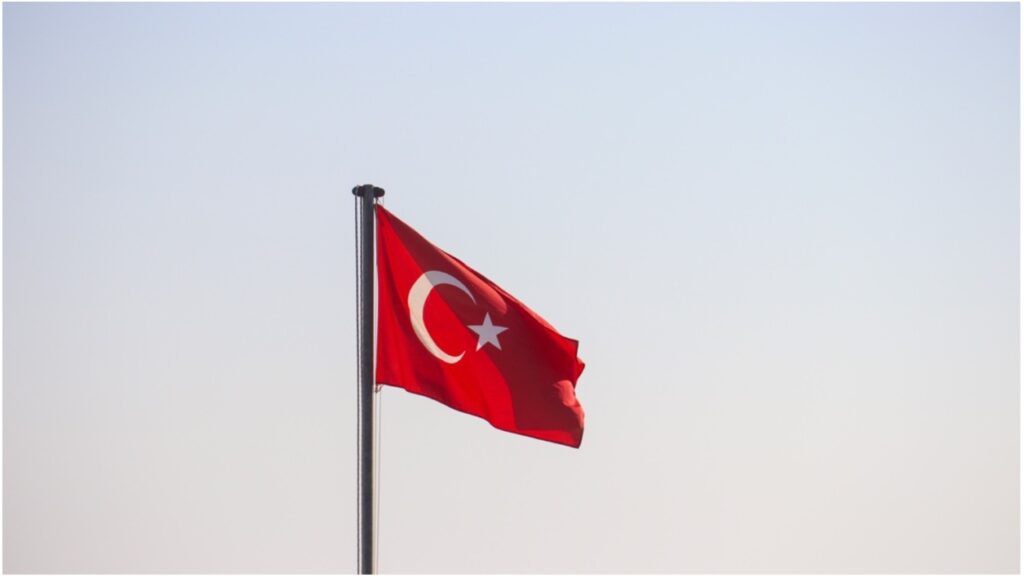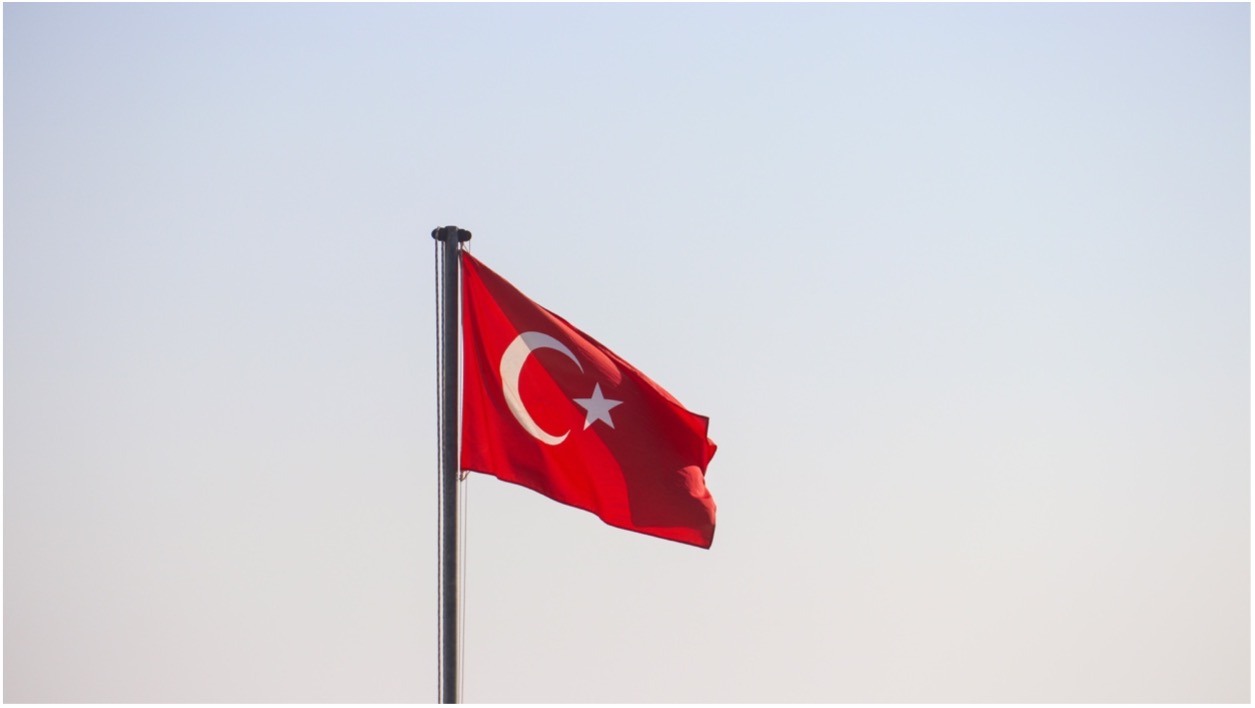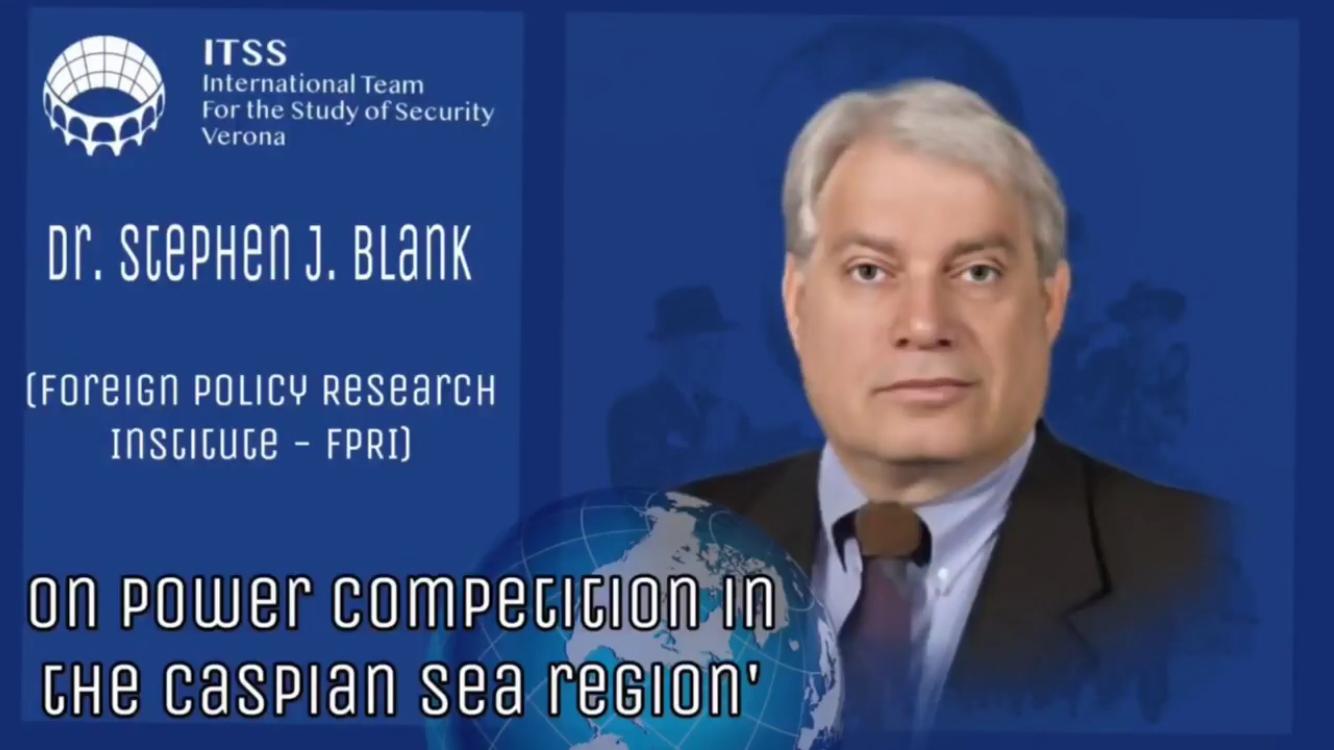Authors: Riccardo Bosticco, Miguel Jiménez, Michele Mignogna - Political Economy Team
In February, Turkey was hit by an earthquake that devastated the country. This sudden movement along faults appears to have brought to the surface not only a natural disaster but the policies of the incumbent president. Tayyip Erdogan’s rule was characterized by a period of rapid expansion in the aftermath of a previous quake in 1999; nonetheless, the increased power of the Turkish president has allowed him to deploy controversial economic policies which have contributed to the country’s to record inflation numbers. However, this growing control of all means may allow Erdogan to reshape the narrative and remain in power. Elections on May 14 will serve as a testing ground for this.
Groundhog Day
Literature on natural disasters is broad, and its economic impacts have been intensely scrutinized. Among natural disasters, earthquakes take a particular spot, given their destructive nature. They represent adverse shocks that can affect the distribution of economic activity within a region and propagate throughout the economy via supply chains and trade linkages. Not surprisingly, beyond the inherent destructive power of each earthquake, the pre-existing economic conditions of the region hit may make the earthquake’s effects more severe. Hence, the economic growth of poorer economies with lower government spending and weaker institutions may take a more brutal blow from these events. Sitting at the intersection of three major tectonic plates, in the last three decades, Turkey has suffered two notorious earthquakes preceded by epochs of economic fragility.
Back in 1999, an earthquake hit Kocaeli province near Istanbul with a death toll of over 17,000. The impact was magnified as a result of a preceding unstable economic period characterized by macroeconomic imbalances and external crises which hit the confidence of emerging markets, leaving the economy with modest growth and ill-prepared to face the earthquake. Although the 1999’s earthquake was lower in magnitude and occurred in less densely-populated areas, the regions hit were economic and industrial powerhouses, accounting for 7% of the GDP and 14% of the industrial value added. Furthermore, due to the linkages of these regions to the country’s main cities, the earthquake had spillover effects extending to an area accounting for 35% of the country’s GDP and half of the industrial output.
Despite these past events, the country has yet to improve its resilience against future earthquakes. As a matter of fact, the natural disaster that occurred last February brought ghosts from the past to the surface. The aftermath of the 1999’s earthquake appeared promising, with measures headed in the right direction: an earthquake tax was levied, and more than US $38 billion were raised to enhance Turkey’s urban resilience. Nonetheless, when the latest earthquake hit, causing damage that amounted to over US $34 billion and claiming the lives of over 50,000, some of the more than 20,000 collapsing buildings belonged to that wave of apparently earthquake-proof constructions.
Tayyip Erdogan, who took office shortly after the 1999 incident, managed to renew 3 million housing units; however, much of the construction boom which has characterized his mandate could contain numerous irregularities. To begin with, despite initial compliance with the government’s standards, construction developers managed to circumvent these initial premises due to poor monitoring and this, in turn, allowed them to cut back on the necessary materials needed to ensure resistant buildings. To make matters more dubious Erdogan accepted the amnesty program that forgave many of these developers for their millions of buildings’ faults. This happened weeks before the 2018 general election. It was seen as a popular move that enabled his government to reap the political dividends and to claim to have solved the housing problems for many city residents.
These facts and the latest earthquake demonstrate that the insufficient attention paid to natural disaster prevention in Turkey magnifies crises. Moreover, as shown below, they potentially contribute to economics that weaken Turkey’s finances and could make Erdogan’s position in the imminent elections more fragile.
The Unorthoxy of Erdoganomics
As Turkey prepares for its May 14 elections, its economic crisis and inflation have emerged as significant campaign themes. Erdogan was already dealing with serious issues due to the country’s high inflation rate, the second highest in the G20 after Argentina. Now, the earthquake has made it a much more difficult situation.
The currency poses a problem since Turkey’s central bank utilized $7 billion in reserves to stabilize the currency following severe earthquakes, encouraged banks to make derivative transactions on Borsa Istanbul, and increased the spread between Foreign Exchange and gold trading to reduce the demand for foreign exchange. After a string of unconventional interest rate cuts supported by Erdogan drove inflation to a 24-year high above 85% in October, it fell to 58% in January with a positive base impact and to about 50% in March. Projections establish that it should be around 35/40% in June, even if Turkish officials argue that due to the earthquake’s effects, it is likely to remain approximately 40-50%.
“We will improve the investment further with a structure based on a free-market economy integrated with the world,” the ruling party’s manifesto states. It aims to achieve a GDP of $1.5 trillion and an annual growth of 5.5 percent by 2028. In 2022, the GDP was a little less than $1 trillion. Consequently, the auspicious leapfrog is unlikely, given the projected $84 billion loss due to the earthquake (about 10% of Turkey’s GDP) and a devastated populace.

Recent questionable institutional and democratic changes can be considered to be at the root of Turkey’s economic problems and have allowed Erdogan to cut interest rates in the face of galloping inflation. According to someone, he has emerged as a political strongman since the bloody crackdown on the Gezi Park protesters in 2013. He has since consolidated further authority through a constitutional reform that changed the parliamentary system to a presidential one. He seemingly influences the country’s monetary policies through his control over the central bank, while technically still being an independent body. Three governors have been forced to quit in the last two years alone for defying the president’s unconventional requests.
All this may have given Edogan the opportunity to implement the so called “Erdoganomics,” the president’s alternative to neoclassical economic models, holding that higher interest rates raise inflation and not the other way around. In response to roaring inflation, Erdogan has continuously decreased rates, recently dropping by 50 basis points despite the earthquakes.
While casting doubts on economists, Erdoganomics also provides a puzzling issue for political scientists: why does the president continue to decrease rates despite the political fallout as the presidential elections get closer? Erdogan’s grip on the state’s institutions and the prominent position he has carved out for Turkey at the internal stage allow him more freedom to act according to his electoral needs. As argued below, the type of power system established by Ergogan could help him overcome the general idea that sees the economic crisis and earthquake badly managed.
Erdogan’s Grip on Power: Shielding from the (Un)wanted?
The earthquake crisis has added to the challenges facing Erdogan’s re-election, but the last word on the election’s outcome is difficult to predict. Two powerful party coalitions now dominate Turkey’s political scene. The Nationalist Movement Party (MHP) and the Great Unity Party (BBP) are now members of the People’s Alliance, which is being led by President Erdogan (AKP). The Nation Alliance, which unites six opposition parties, represents the majority of the opposition and is led by Kemal Kilicdaroglu, also known as the “Turkish Gandhi”. However, a third group could be crucial to how the future elections turn out. It comprises minor left-wing organizations, but includes a political powerhouse too, the Peoples’ Democratic Party (or HDP), the most prominent pro-Kurdish organization, which, according to Soli Zel, the HDP will probably influence the election outcome with 12% to 15% of the vote.
Even if the earthquake mismanagement and Turkey’s economic turmoil blow a wind of change in Turkish politics, President Erdogan can still turn things in his favor. The President’s established system of power and influence can strengthen Erdogan’s rally-around-the-flag and help him win support. The national earthquake crisis has overwhelmed Turkey’s rescue teams, and the state has activated a level-4 alert, requiring international help. Despite the abovementioned issues regarding emergency preparedness and Turkey’s economy, Erdogan could still arrive safely at the next election.
If opinion polls indicate stormy weather for the president, he could potentially extend the state of emergency to postpone the elections – the last state of emergency declared in Turkey, in 2016, lasted two years. Moreover, the from many considered illiberal power system shaped by Erdogan could give him access to defeat the opposition and stay in power.
Turkey’s president has purged courts, law enforcement agencies, civil service, intelligence agencies, military officers, and the media while strengthening his ties with the loyalists. Turkey’s judicial system is not entirely independent. In December 2022, Ekrem İmamoğlu was sentenced to two years for “insulting public officials”. He was a popular figure from the secular center-left. Similarly, more than 100 politicians from the People’s Democratic Party, pro-Kurdish, remain trialed for terrorism offenses, the movement risking being outlawed.
Erdogan’s media power can be considered disproportional: as a Reuters investigation found, in Turkey, “[t]he biggest media brands are controlled by companies and people close to Erdogan and his AK Party, following a series of acquisitions starting in 2008”. While social media could serve as an alternative to the politicization of traditional media outlets, they can hardly be exempted from delivering misinformation, an article from Politico writes. In fact, the government has taken a more proactive stance against them: “[w]ith a new controversial social media law, Turkish authorities now have the right to control and, if necessary, restrict online free speech in ways that would be unthinkable in any democracy”, noted Aslı Aydıntaşbaş, a visiting fellow at the Brookings Institute.
In addition to that, in two years of power Erdogan was able to bring society closer to a more conservative idea of Islam. While Turkey’s relationship between government and religion has always been in flux despite the Constitution not recognizing any official state’s faith, the current president has refueled Islam’s force. If the process provoked protests by secularized citizens of the Turkish metropolises, Erdogan was nevertheless able to consolidate his grip in the Anatolian heartland and rewrite the narrative around Islam as a source of political identification and ideology playing a more significant role in the era of social media. Beyond that, in the past, he has shown his ability to transform difficult situations in his favor. For example, when a military putsch was attempted at Istanbul’s Atatürk Airport in 2016, Erdogan responded: “[t]hey will pay a heavy price for this. [...] This uprising is a gift from God to us.”; this episode can be seen as a confirmation of the Turkish de-secularization.
Thus, Erdogan may take advantage of the current emergencies pending in Turkey. His influence on the judicial and information system may help him rally the society around the Turkish flag, consolidating a pool of voters around the need to be united against the damages of the earthquake and a weak economy. In such a situation, Turkey’s foreign policy activity may also help in the president’s favor, not the least the war in Ukraine and Erdogan’s positioning as a mediator.
While opinion polls do not favor the incumbent, anything can be expected from the May 14 elections. Despite signs of illness registered recently, Erdogan has returned to the electoral stage in ‘thundering’ form and giving the impression that he will do anything to stay in power.

